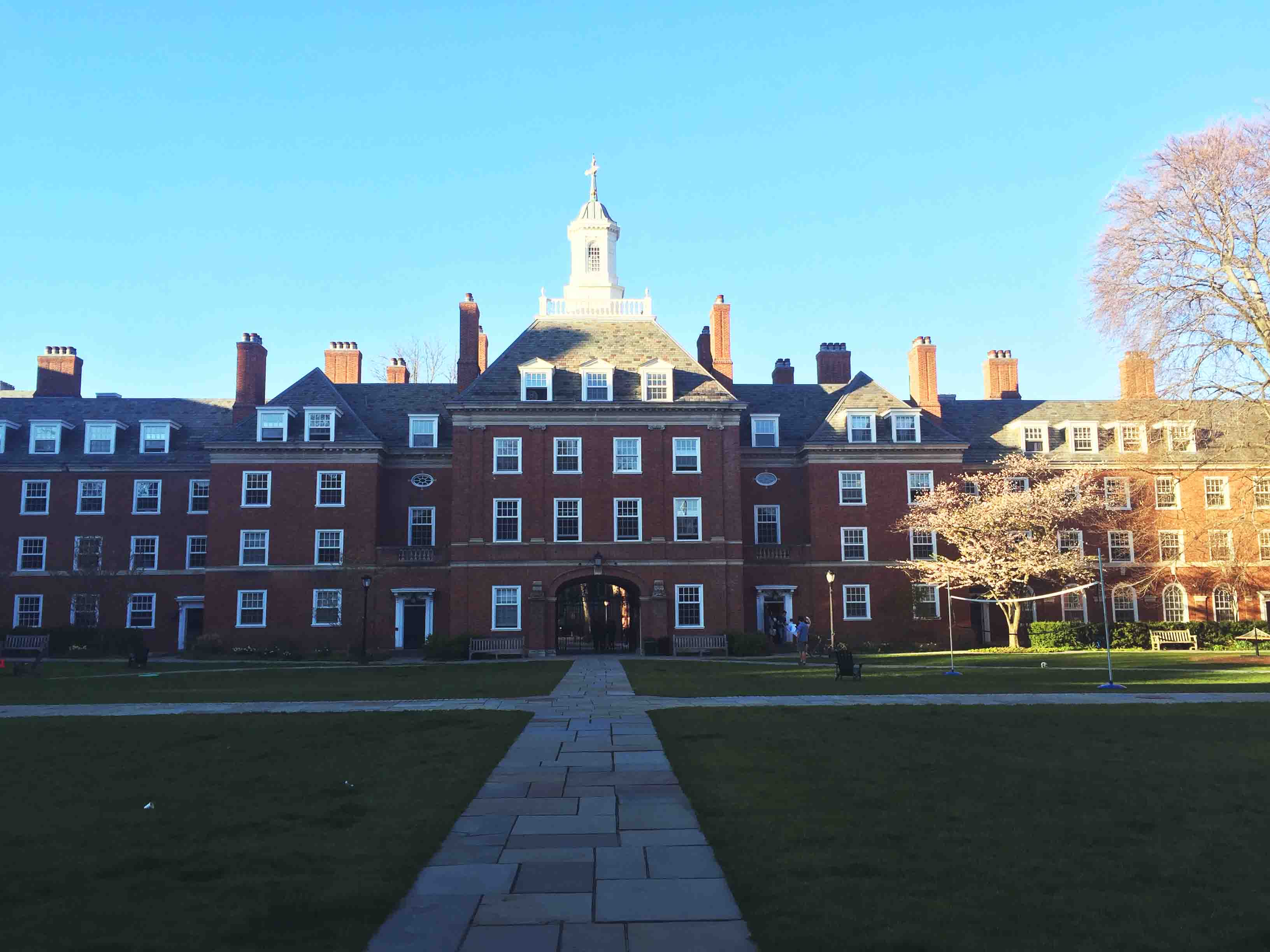
With Commons at the Schwarzman Center closing for renovation beginning next fall, the dining staff at neighboring Silliman College is increasingly nervous about the potential influx of lunch-goers.
Their worry is not unfounded: when Commons closed to prepare for Final Cut last Tuesday, around 860 students and faculty swiped into Silliman dining hall for lunch, well exceeding its capacity of 288 and its usual count of 400 to 500, according to Yale Dining counts.
According to Silliman Head of College Laurie Santos, it is often difficult to find a seat in the dining hall, but when Commons closes, “it’s just a complete madhouse.”
In an effort to collect its own data on the number of lunch-goers last Tuesday at Silliman, a member of the Silliman staff stood at the entrance of the dining hall and used a clicker to keep track of the traffic. It turned out that the number of meal swipes registered by the system was about 80 less than the number of clicks, suggesting that some people might have shown up to the dining hall but were turned off by the crowded space, Santos said.
“The real straw that broke the camel’s back for me was that someone was eating on our piano,” Santos said. “We regularly see students eating on stairs, the floor or taking dining hall china away, which is really costly to the dining hall.”
Silliman student Kate Cray ’19, a staff reporter for the News, said there are lines both to enter the dining hall and to get food, and it is almost impossible to find a seat.
“The tables are overcrowded too,” Silliman student Taha Ramazanoglu ’17 said. “When I say overcrowded, I don’t mean like it is a hassle to find seats to sit with your friends. It is very difficult to find a place to sit, period. I sometimes had to eat dessert while standing so that another friend of mine could have lunch.”
Silliman administrators are also concerned that overcrowding puts too much pthe ressure on the Silliman dining staff. There are usually six or seven chefs working in the kitchen during lunch. Santos said she felt “awful” for the staff, who have to deliver the same quality service even when the dining hall is double its capacity.
Stu Comen, first chef at Silliman, said the staff had difficulty keeping up with the pace due to restrictions of space and equipment. He added that in the 34 years he has worked as a chef at Yale, Silliman has drawn between 700 to 850 people for lunch whenever Commons closes.
“I know the rush is coming,” he said.
Both Santos and Comen previously assumed that Yale would renovate the Silliman dining hall over the summer to upgrade its space and appliances. However, due to a lack of funding, these renovations will not occur, Santos said.
It is uncertain whether the opening of the two new residential colleges will help ease the traffic in Silliman.
“Everyone is uncertain about Franklin and Murray, but our sense is that even if 100 students walked up the hill to go there, we’d still be doing 200 to 500 more than we can do,” Santos said. “I keep talking with folks in dining and the Provost Office, and we’re not hearing a good solution.”
Comen and the Silliman dining staff have experimented over the course of the year, adding a second serving line to try to direct traffic in the dining hall, but there is not enough room on the left side to serve the same food as is on the right side or to keep that food hot or fresh, Comen said.
Comen suggested tweaking the Silliman menus, as Morse-Stiles dining has done with theirs, to provide more “grab-and-go” options or to set up a buffet-style lunch in the Silliman Annex next to the dining hall.
“If you have a class in 15 minutes, lunch is a hassle, so maybe we need to think about the people who need to get out of here fast. Maybe we can just make a chicken and pasta dish people can grab,” he said.
Another solution would be to install a second flat grill in the kitchen, Comen said, adding that Yale replaced his second grill with a stove recently, even though he uses the grill every day and the stove only a few times a month.
If the University cannot commit funds to renovate the dining hall, Santos said a possible solution is to become an “isolationist” and impose restrictions to control the crowd.
“We want to be inclusive,” Santos said. “We just can’t have students regularly eating on our piano.”







